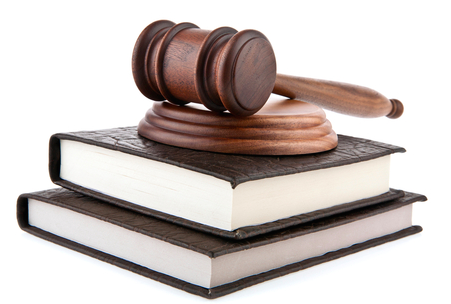Client Affairs
EXCLUSIVE GUEST COMMENT: Deeds Of Variation - Are They No More?

Is the ability to vary terms of a will for tax reasons, through what are called "deeds of variation", to be restricted by the UK tax authority?
The UK’s tax authority, HM Revenue & Customs, on 15 July
announced a review of how wills can be adjusted through deeds of
variation for tax purposes. This article, by Rebecca B Wardle,
private wealth associate at law firm Trowers & Hamlins, looks at
the details.
On the 15 July 2015, HMRC announced there will be a review
of the use of deeds of variation for tax planning purposes.
The review was suggested in the March Budget and now the wheels
have been put in motion via a formal consultation on their
use. Deeds of variation are quite commonly used and any
proposed changes may directly impact future inheritors. It
is important to consider how you may be affected and whether your
current will provides sufficient flexibility should the status
quo change.
A deed of variation is a device available to a beneficiary of an
estate to change the interest that he/she receives from an
estate. The variation could be used to redirect any assets that
are inherited – for example, cash, land, or stocks and shares. It
is available to a beneficiary where the deceased died either
leaving a will – called in legal jargon "dying testate" – or
without leaving a will, which is known as "dying intestate".
A variation effectively works by allowing a beneficiary to
redirect to another person, trust or charity some or all of the
inheritance that was first left to him/her.
There are many reasons why someone would opt to give away their
inheritance, and deeds of variation are more frequently used than
one might expect. A key reason for employing one is to
provide for other family members who are perhaps in greater need
of financial assistance.
Take, for example, a man in his late 50s who is due to inherit
from his late mother's estate. He is, however,
self-sufficient; he owns his own property, has ample
cash in the bank and has a good pension. He has a daughter who is
looking to buy her first property; he knows that she is unable to
fund the purchase of the property without his assistance. He
would like to help her, but most of his own money is tied up in
the value of his home. He could, by deed of variation, direct
some, or all, of the inheritance from his mother's estate to his
daughter to assist her with her property purchase. He could
direct the inheritance into a trust if he has concerns about his
daughter spending the money outright, or about her getting into
financial difficulty, or even marrying an unsuitable person. By
allowing a beneficiary to make alterations to his/her
inheritance, they can control the redirection, whether this is in
whole or in part.
Another key reason for considering redirecting assets is to save
tax. Taking our man from the example above, it is likely that tax
will have been paid on his mother's estate when she died. After
he inherits the assets then there may be tax to pay when he dies.
Therefore, when his daughter finally inherits, tax will have been
paid twice on the same assets – which is in no one's best
interests.
From a tax perspective and subject to certain criteria, a
variation has a retrospective inheritance tax and capital gains
tax effect. This means that the variation can be treated as being
made directly by the deceased, rather than being treated as a
gift being made by the original beneficiary. This can have
tax benefits in itself.
A variation must be made within two years from the date of the
deceased's death, so it is important to watch the clock. Now
that HMRC is undertaking a review of their use, it is even more
pertinent for heirs considering implementation of a
variation to take action sooner rather than later.
If the ways in which deeds of variation can be used are changed,
or even abolished, then it will be fundamental for individuals to
ensure that they have a will in place which allows for the
greatest possible flexibility on death, to take into account
changes in circumstances. This may mean, for example,
considering whether or not to bequeath assets directly to
grandchildren rather than children or considering the use of a
flexible trust in a will.
Having these discussions with your family and advisors now could
save future headaches and tax burdens for your heirs.
Furthermore, there are occasions where deeds of variation are
used to correct tax mistakes in wills. If deeds of variation
are abolished completely, executors will be forced to rely upon
making applications to the courts as the main source of
remedy. In the absence of deeds of variation, we would
likely see a considerable increase in the number of applications
finding their way to the doors of the court, resulting in
potentially costly legal and court fees.
With the consultation now under way, all eyes are on HMRC and
anticipating its next move. Responses must be sent in by 7
October this year.
